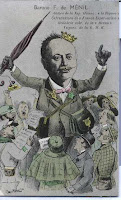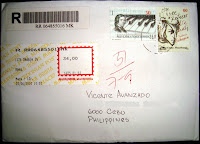Esperanto- The Language With an Anthem

The only language in the world with its own flag and anthem, the word "Esperanto" translates as "hope" or "hoping one" and also provides the title of the anthem of the language. The anthem speaks of the goal of the language, to bind the nations together with a common language in peace. Esperanto is the only constructed language with native speakers, that is, people who learned it from their parents as one of their native languages. Estimates range from 10,000 to two million additional active or fluent speakers. Usage is particularly high in eastern and northern Europe, eastern Asia, Brazil, and Iran. A World Congress of Esperanto was organized in France in 1905, and since then has been held in various countries every year apart from during the world wars. Although no country has adopted it officially, Esperanto was recommended by the French Academy of Sciences in 1921, was recognized by UNESCO in 1954, and is currently the language of instruction...


